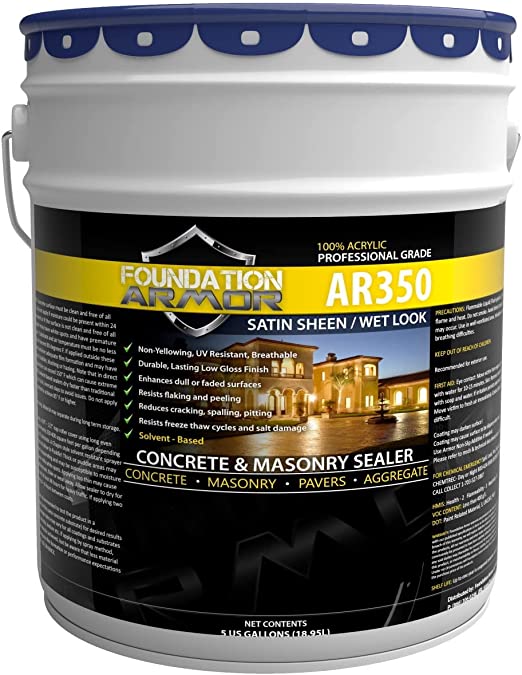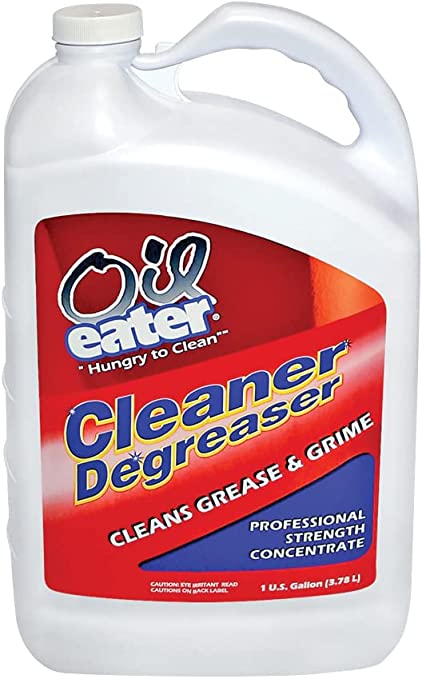Concrete for sidewalks and driveways should last around fifty years. The actual lifespan will depend on the weather, along with other factors. Here in the Indianapolis area we get a lot of freeze and thaw cycles. These can be damaging to concrete, especially if water gets into cracks. Water expands when it freezes, and this will widen those cracks. Here are some concrete maintenance tips to keep your concrete looking great:
- Use a concrete sealer
- Keep your concrete clean
- Avoid excessive weight
- Avoid damaging chemicals
Concrete Sealers and Their Application


We highly recommend applying a concrete sealer. You can apply it yourself, or hire MGA Concrete to do the job. Menards has a short instructional video out on YouTube explaining how to do it. On the This Old House website you can find information regarding their top concrete sealer picks. There are three different types of sealers: Acrylic, epoxy and penetrating. Each type has its pros and cons. Before applying a sealer, make sure the concrete is clean and dry.
Keeping your Concrete Clean


The best way to clean concrete is with a pressure washer. If you are inside or somewhere a pressure washer can’t be used, it can be cleaned manually with a scrub brush. Obviously, this will take a lot more effort. If you have oil or grease stains, you’ll want to add a degreaser like Oil Eater. It is best to remove any spills or stains as soon as possible.
You can usually hire someone to do a pressure wash. If you want to do it yourself, you’ll need to rent or purchase a pressure washer. Rentals are available at Home Depot and other places. If you want to buy one, check out the top choices of Popular Mechanics.
Concrete Thickness and Loading
Driveways should be at least four inches thick if using non-reinforced concrete. This is adequate for the weight of a standard automobile. If will be subjected to loads like a garbage truck or recreational vehicle, you’ll want at least six inches. The concrete on interstate highways is usually about a foot thick, since they must withstand the weight of loaded semi trucks.
Chemical Damage to Concrete
Concrete can be damaged by a number of chemicals. The most common chemical damage to concrete comes from deicers. Ammonium nitrate is the most damaging deicer on concrete. Magnesium chloride is also bad for concrete. Salt also is somewhat damaging to concrete, but it is better than the alternatives. Use it sparingly.
By following these basic concrete maintenance tips, you can keep your concrete looking good for years to come.
